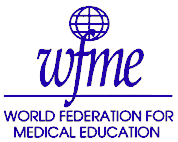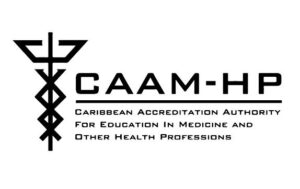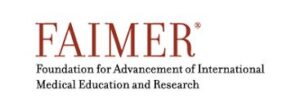
Physician shortage crisis:
America’s aging population is leading to a doctor shortage crisis. As America’s population ages and demand outpaces supply, a physician shortage will intensify. The U.S. is expected to see a shortage of 86,900 to 141,900 physicians by 2032 in primary and specialty care.
The Solution
IMGs are expected to fill the gap in U.S. health care. The United States will need up to 120,000 additional doctors, including a minimum of 42,600 primary care physicians, by 2030, and international medical graduates play an important role in helping alleviate the crisis.
MMG currently has a proven track record and a growing IMG pipeline therefore it is uniquely qualified to build a highly valuable international physician workforce in the USA.



International Medical School Accreditation Requirement
The Medical School Accreditation Requirement was established by ECFMG in 2010 to stimulate international accreditation efforts and enhance the quality of medical education worldwide. The requirement is intended to encourage the development and implementation of standards for evaluating undergraduate medical education and to provide greater assurance to both medical students and the public that they will be appropriately trained. Starting in 2024, individuals applying for ECFMG Certification must be students or graduates of a medical school that is appropriately accredited. More specifically, the school must be accredited by an accrediting agency that is officially recognized by the World Federation for Medical Education (WFME).
The Solution
Through MMG associates for accreditation and their experiences with WFME accrediting agencies like TEPDAD and CAAM-HP respectively, MMG is assisting in the accreditation of international medical schools, so they are eligible to send their students to the US for clinical training and medical residency.

MMG’s main mission is to help IMGs match into Residency Programs by: